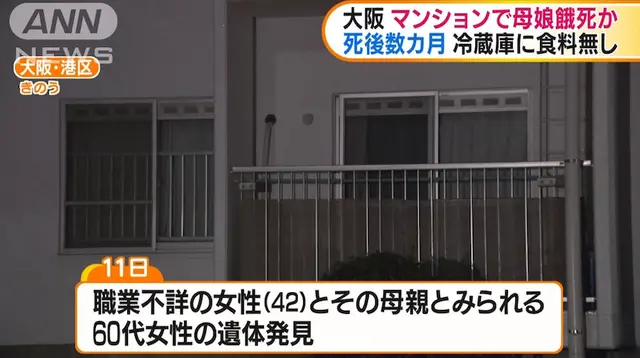Members of the European Parliament (MEPs) have this week been debating the impact of Russia's import ban on western agricultural produce.
Russia introduced a ban on products such as meat, fruit and vegetables from the EU, Norway, the United States, Canada and Australia on August 7 in retaliation to EU measures triggered by the Ukrainian crisis and the downing of the Malaysia Airlines MH17 plane.
The European Union (EU) is seriously affected by the measures, because Russia is the EU's second biggest export market for agricultural produce and is also responsible for 43 percent of Russian imports.
Last year, the EU's overall agricultural exports to the country were worth 11.3 billion euros (14.57 billion U.S. dollars) and the current Russian import ban, which lasts for one year, is expected to hit exports worth 5.1 billion euros, although specific products and regions will be more affected by the sanctions than others.
The European Commission has already responded to the Russian measures with short-term market support worth more than 155 million euros for the sectors most immediately affected, such as peaches, nectarines, vegetables, butter and cheese.
Although Poland and the Baltic states will be hardest hit, even Belgium fruit growers are feeling the effects of the embargo, and an "Eat Belgian" drive has started in order to encourage greater consumption.
Belgian MEP Marc Tarabella last week worked for a day in a Brussels fruit and vegetable market to illustrate the concerns of European farmers and agricultural interests.
Some 100,000 tonnes of fruit is at risk of not being consumed, he told the EP's television service. "I hope they won't be destroyed, and they can be used in some other way. But this action (working in this market) is to encourage more consumption in the EU, and we should do the same across all of Europe."
Russia's import ban has come as the fruit harvest is in full swing. Almost half the pears Belgian farmers produce go to Russia, some 200 million kilos, plus about 35 million kilos of apples. The loss of such a big market has led to glut in domestic markets while producers look for alternative outlets. At a Belgian wholesale market, the price per kilo for pears fell from 50-60 cents to just 25 cents.
Christian Gustin of lobby group Belgian Fruit Action said producers need immediate help to cover the cost of the sanctions, but growers also want to export to existing markets where this is currently tough. "For example, it is very difficult for us to get access to markets in Canada and the USA," he said.
But aside from short term compensation there is not a great deal that the EU can do to change Russia's position, at least while the political stand-off over Ukraine continues.
German MEP Bernd Lange (S&D), who chairs the EP's international trade committee, warned that trade policy is not the right tool to achieve short-term foreign policy goals. "A tit-for- tat trade war is in no one's interest," he said. "But what we have already seen is that Russia is under a lot of pressure to comply with World Trade Organization (WTO) rules ever since its accession to the organisation. And we are of course opening new markets for EU businesses all across the world with our ambitious trade policy agenda, creating alternatives for EU exporters."
As chair of the agriculture committee, Polish MEP Czeslaw Siekierski, pointed out that there is a limit to truly effective sanctions that Europe can impose. For example, Europe cannot reduce energy imports, as it is too dependent on Russia.
"So for the moment we do not have any alternative," he said. "Sanctions are a double-edged sword and they trigger a response from the other side, so first of all we should hold political talks to resolve the issue." (1 euro = 1.29 U.S. dollars)
 简体中文
简体中文

